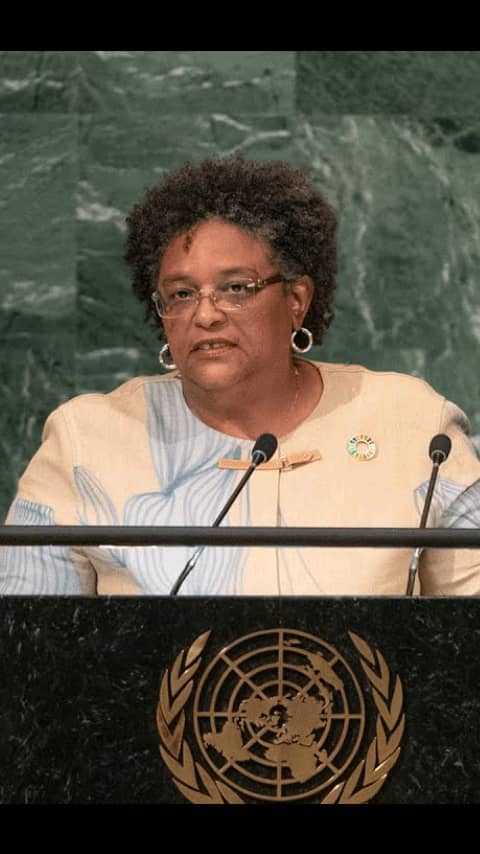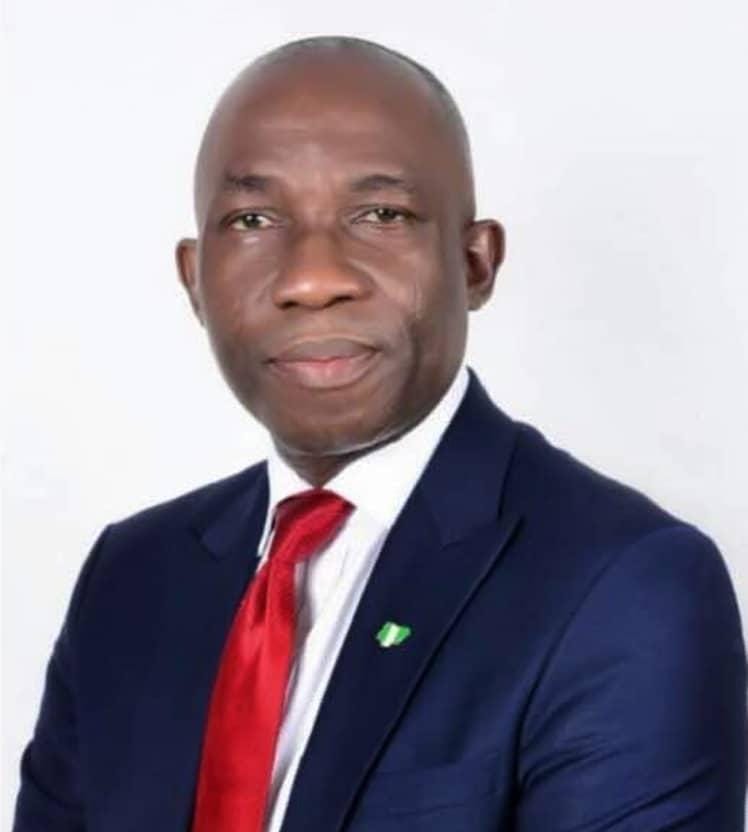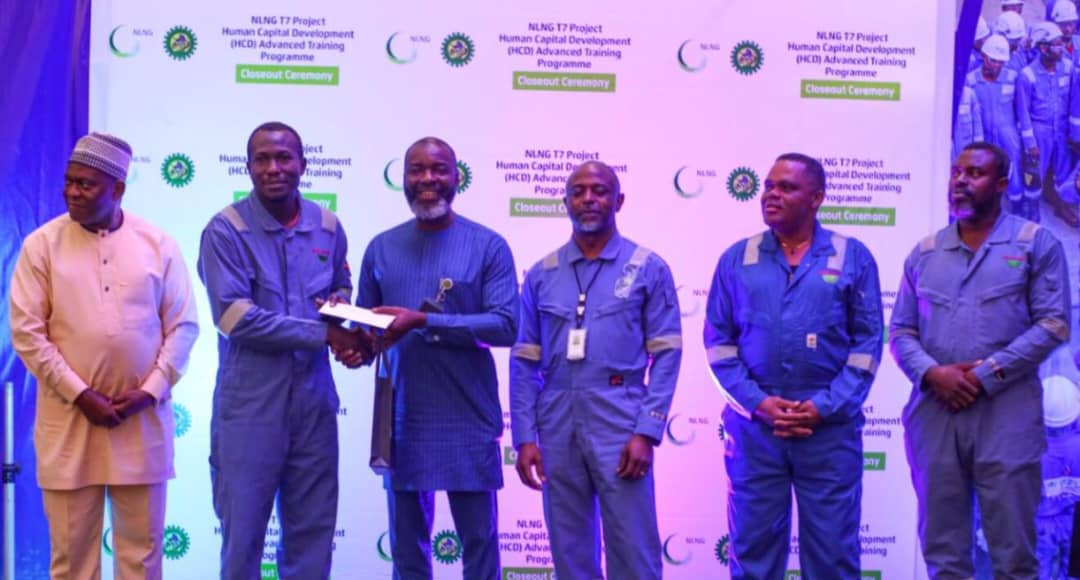Barbadian PM invokes Achebe’s ‘Things Fall Apart’ at UN speech

By Uduma Kalu
THE life and works of the eminent Nigeria’s writer, Chinua Achebe continue to draw global attention as his world acclaimed novel, Things Fall Apart was invoked in a speech by the Barbadian PM Prime Minister Mia Amor Mottley to describe the state of the world today. Mottley (born October 1, 1965) is a Barbadian politician and attorney who has served as the eighth prime minister of Barbados since 2018 and as Leader of the Barbados Labour Party (BLP) since 2008.
Delivering her speech on Friday, September 26, at the UN General Assembly’s 80th Session, the PM began by saying the 21st Century is characterized by absence of truth today in the world.
“At first, the damage may seem quiet but over time, it develops alternative realities” and political tribalism where people are unable to understand each other because ‘we lack a centre’, “becoming suspicious of each other.”
The PM, drawing applause for her fiery speech, said, “In the absence of truth, trust deteriorates”, destroying global mutual trusts, communication, trusts between neighbours, rulers and the ruled, institutions, social order, global rules and structures.
She said, “In the words of Achebe’s Things Fall Apart, when we lack trust, laws become mere theatre, news become spectacle as science becomes just another opinion.”
The PM described the 21st century as coming with unprecedented happenings catching the world unprepared with attendant global dislocations – human trafficking, wars, social disorder, with the defeat of truth where news is bent to reflect different realities “threatening the existence of our society…”

Barbadian PM, Mia Amor Mottley
The prime minister called for defence of rules-based world order. She told world leaders that the survival of small states and global peace depends on preserving a rules-based international system and warned that truth, trust and fairness were fraying under the weight of war, inequality and climate crisis.
“Countries of different sizes, capacities and cultures can only survive in the world in which we live if we maintain a rules-based system,” Mottley said in her address to the UN General Assembly. “The law of the jungle does not guarantee any of us a future or a liveable planet.”
She stated that the “crisis of truth” is undermining institutions that once promoted order and prosperity, eroding trust between citizens and governments, and turning news, science and law into a tawdry spectacle.
“When we lose shared truth, our countries and our global society lose their center of gravity,” she warned.
Prime Minister Mottley reiterated the need for peace in Ukraine but also pressed governments not to ignore suffering elsewhere, adding, “The world must not ignore the horror in Sudan and… it must not ignore the horror in Gaza,” she said, and called for the release of hostages, while denouncing disproportionate attacks on Palestinians. She underlined the need for urgent humanitarian funding, saying $66 million was needed for Gaza’s children and $200 million for Sudan over the next three months – largely for food, water and health needs.
On climate change, Mottley urged leaders to act with honesty and urgency. She welcomed international court opinions affirming states’ obligations to curb emissions and proposed a binding global framework on methane to slow temperature rise.
“The fossil fuel industry is not the enemy – it is the emissions,” she said, urging political will to unlock $1.3 trillion annually by 2035 to finance the green transition. The Barbadian leader criticized the chronic underfunding of climate finance and the “grossly under-capitalised” Loss and Damage Fund.
Mottley also tied the climate and development agenda back to the central question of global governance. She warned that debates risk becoming “performative exercises” unless backed by resources and a functioning system rooted in fairness.
“If we are to be protected by a rules-based system, then we must step up to the plate and provide the funds to bridge the gap to deliver the results that we desire,” she said.
Mottley also touched on UN reforms, insisting that the Security Council must reflect today’s multipolar world, adding, “You cannot ask us really to show up for family photos and votes when you need them and then exclude us from the family’s decision making. As if you are the grown-ups and we are the children.”
Prime Minister Mottley ended with the image of a young Palestinian girl aged six or seven walking through the rubble in Gaza with hollow eyes and her sister on her shoulders.
“It was clear she was in great pain, yet she recognised it was she who would have to carry the burden of taking them to safety,” she said, salling the scene “the ultimate picture of hope and resilience,” Mottley urged leaders to draw strength from it.
“If a six-year-old can push past the physical and emotional pain and still find hope that there is a better moment ahead of her, then we, with much more and with an obligation to many more, must summon that same will. The world needs it now more than ever.”




